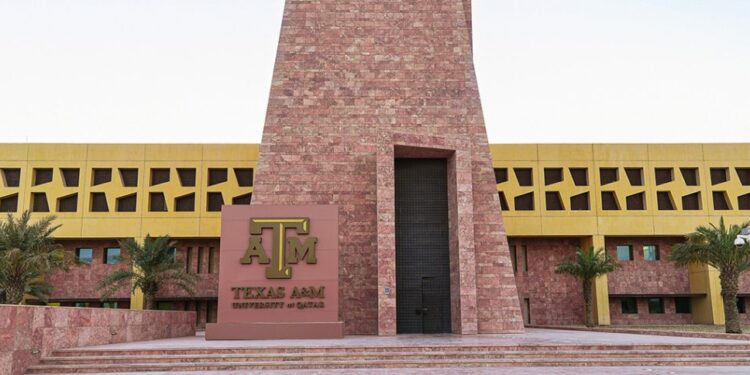The Board of Regents of the Texas A&M University System has voted to terminate its contract with the foundation responsible for funding its branch campus in Qatar, effectively bringing an end to the program that has been in operation for 20 years.
The decision to end the contract with the Qatar Foundation for Education, Science, and Community Development, overseen by the Qatari government, means that the Doha campus will gradually wind down over the next four years before closing its doors officially. The current contract, which was renewed in 2021, was originally set to expire on June 30, 2033.
The vote, which resulted in a 7-1 decision without any discussion, saw Regent Michael Plank as the sole dissenting vote, while Regent Robert Albritton was absent.
Following the vote, a press release from the university system stated that the board chose to reassess the university’s presence in Qatar due to increased instability in the Middle East. Board of Regents Chair Bill Mahomes emphasized that the primary focus of Texas A&M’s mission should be within Texas and the United States. He noted that by the middle of the 21st century, the university may not require a campus infrastructure located 8,000 miles away to support its educational and research collaborations.
The decision to review the university’s presence in Qatar coincided with inquiries from a Washington, D.C.-based think tank called the Institute for the Study of Global Antisemitism and Policy (ISGAP). This occurred shortly after the outbreak of the Israel-Hamas conflict. The think tank raised concerns about the partnership between the state-run foundation and the university, alleging connections to weapons development and nuclear engineering research, which they perceived as a national security threat.
The university vehemently denied these accusations, asserting that the Qatar campus is not involved in nuclear engineering programs or related research. A&M President Mark Welsh clarified that the campus has no connection to nuclear reactor research conducted elsewhere.
Despite the university’s rebuttal, the Board of Regents decided to close the campus by 2028, following what was described as “thoughtful discussion.” In response, Welsh reaffirmed the university’s commitment to global education and research through its campuses in the United States.
The Qatar Foundation criticized the board’s decision, attributing it to a disinformation campaign aimed at undermining its interests. However, a university system spokesperson refuted these claims, asserting that the decision was based on an analysis of the university’s mission and the evolving political situation in the Middle East.
The closure decision disappointed many, including the U.S. Ambassador to Qatar, Timmy Davis, who expressed his regret over the loss, emphasizing the campus’s role in promoting American values and innovation.
The Texas A&M Qatar campus, established in 2003 to enhance engineering education and research in the Middle East, has graduated over 1,500 students and currently enrolls 730. The campus operations have been funded entirely by the Qatar Foundation, as state funding or tuition revenue cannot be used for this purpose. The financial details of the contract between the university and the foundation remain undisclosed.
Moving forward, university administrators will ensure that students can complete their education, support faculty and staff, and fulfill existing research obligations in Qatar. Despite the closure, the university’s Faculty Senate pledged to collaborate with the administration to assist faculty members during what may be a challenging transition period.











